Here's the configuration to get the artifactory plugin:
buildscript {
repositories {
mavenCentral()
maven { url 'http://jcenter.bintray.com' }
}
dependencies {
classpath group:'org.jfrog.buildinfo', name: 'build-info-extractor-gradle', version: '3.0.1'
}
}
apply plugin:'com.jfrog.artifactory'
apply plugin:'ivy-publish'
...some publish spec stuff...
I run gradle (2.3) and I get:
> Failed to apply plugin [id 'com.jfrog.artifactory']
> Cannot cast object 'org.jfrog.gradle.plugin.artifactory.dsl.ArtifactoryPluginConvention@6b6c7be4' with class 'org.jfrog.gradle.plugin.artifactory.dsl.ArtifactoryPluginConvention' to class 'org.jfrog.gradle.plugin.artifactory.dsl.ArtifactoryPluginConvention'
Certainly looks like a classpath issue, but I literally have this project and a sibling project using this same set of gradle/artifactory configurations and one works and the other does not. Both are part of the same top level project. Same JDK (1.8.0_20). Same Gradle. Same everything.
I'm baffled...

